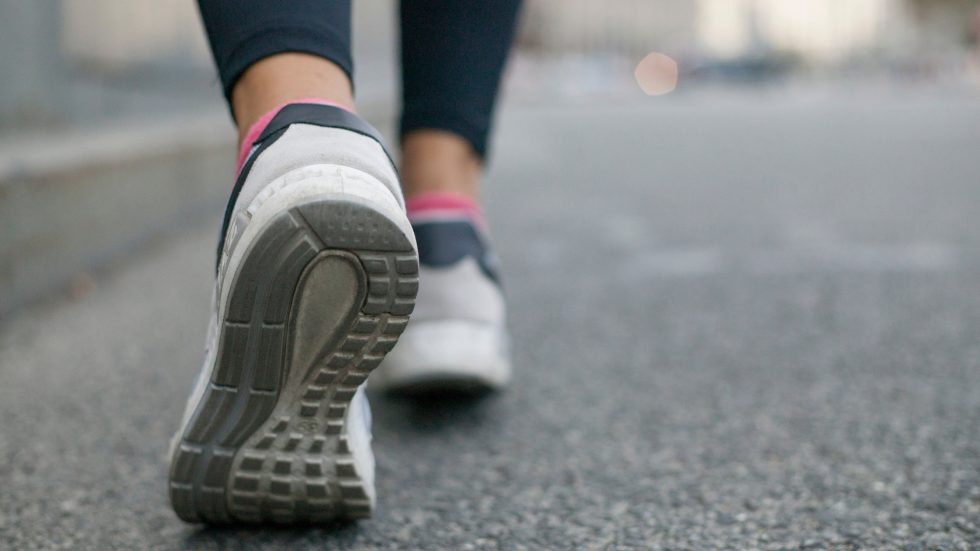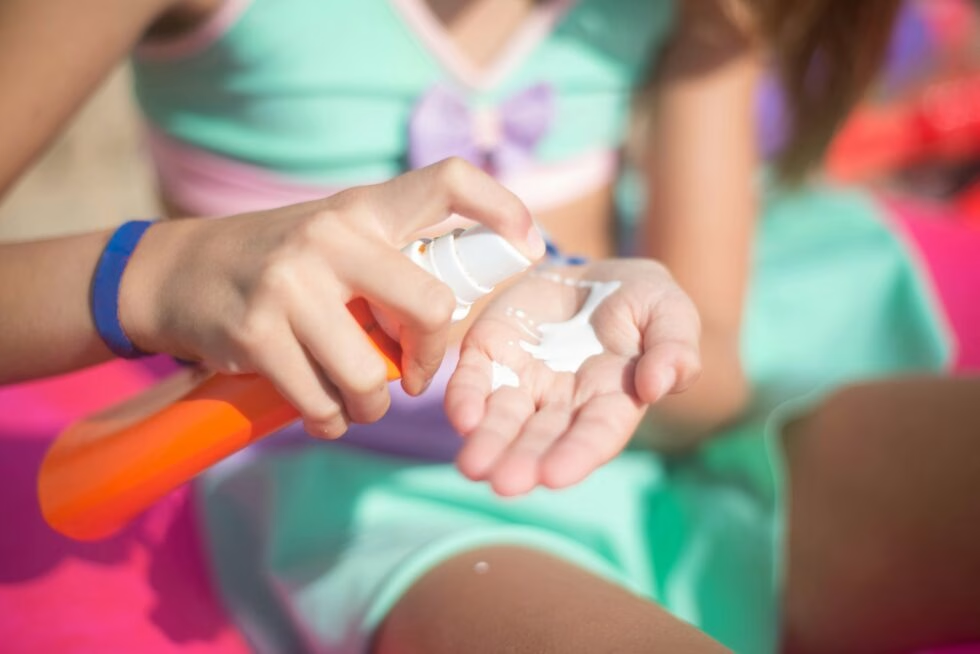
How to Avoid Summer Athlete’s Foot
Athlete’s foot is a common fungal infection that affects the skin on the feet. Highly contagious, it spreads easily in warm, humid environments. Whether you’re an athlete or not, understanding the causes of athlete’s foot and how to prevent it is essential, especially if the local gym is one of your favorite places. Here’s what you need to know to steer clear of this common health nuisance that affects over three million people a year in the U.S.
What Causes Athlete’s Foot?
Athlete’s foot, also known as tinea pedis, is caused by fungi called dermatophytes. These fungi thrive in warm, damp areas such as public showers, locker rooms, swimming pools, and gym floors. The fungi enter through small cracks or breaks in the skin and begin to grow if the conditions are right, starting as a red, itchy rash often between the toes. Left untreated, it can spread to the soles, sides of the feet, and toes. If scratched, it can also spread to the hands.
What Factors Contribute to Athlete’s Foot?
Several factors can increase the risk of developing athlete’s foot:
- Excess Moisture: Sweaty feet and tight shoes that don’t allow your feet to breathe can trap moisture, creating a breeding ground for fungi.
- Walking Barefoot: In public places like showers and pools increases exposure to fungi.
- Sharing Personal Items: Using towels, socks, or shoes of someone who is infected can spread the fungus.
- Weakened Immune Systems: Individuals with compromised immune systems are more susceptible to infections, including athlete’s foot.
Do the Seasons Impact Athlete’s Foot?
Yes, the seasons do impact the likelihood of contracting athlete’s foot:
- Summer: Hot and humid weather creates the perfect environment for athlete’s foot. People are more likely to walk barefoot in public places, increasing the risk of exposure. Higher outdoor temperatures lead to more sweating, and if you wear shoes and socks that trap dampness, your shoes become a breeding ground for fungi.
- Winter: People tend to suffer less from athlete’s foot due to cooler, drier weather. However, wearing warm, non-breathable footwear for long periods can still create a moist environment for fungi. Moving between extreme outdoor and indoor temperatures can cause the skin to crack, providing an entry point for fungi.
How to Avoid Athlete’s Foot
Prevention is key to avoiding the discomfort and inconvenience of athlete’s foot. Here are some practical tips:
- Keep Feet Clean and Dry
- Wash Daily: Clean your feet with soap and water, especially between the toes.
- Dry Thoroughly: Make sure to dry your feet completely, paying close attention to the spaces between your toes.
- Choose the Right Footwear
- Breathable Shoes: Wear shoes made of breathable materials that allow airflow.
- Alternate Shoes: Give shoes time to dry out by alternating between pairs.
- Sandals in Public Areas: Wear sandals or shower shoes in public showers, locker rooms, and around pools.
- Moisture-Wicking Socks: Wear moisture-wicking socks, not cotton or wool, which allow your feet to dry quickly.
- Use Antifungal Products
- Powders and Sprays: Use antifungal powders or sprays in your shoes to reduce moisture.
- Antifungal Creams: Apply antifungal creams to feet if you notice any early symptoms of athlete’s foot.
- Maintain Good Hygiene
- Change Socks Daily: Especially if they become damp.
- Avoid Sharing: Don’t share towels, socks, or shoes with others to minimize the risk of spreading the infection.
- Clean Footwear Regularly: Disinfect your footwear, especially if you’ve had athlete’s foot in the past.
Understanding and preventing athlete’s foot involves recognizing the conditions that allow fungi to thrive and taking proactive steps to maintain foot hygiene. Whether it’s summer or winter, staying vigilant about foot care can help you avoid this pesky infection. If you suspect you have athlete’s foot or are experiencing symptoms, don’t hesitate to seek personalized care at AFC Urgent Care Chattanooga. Our team is here to help you get back on your feet—literally!


